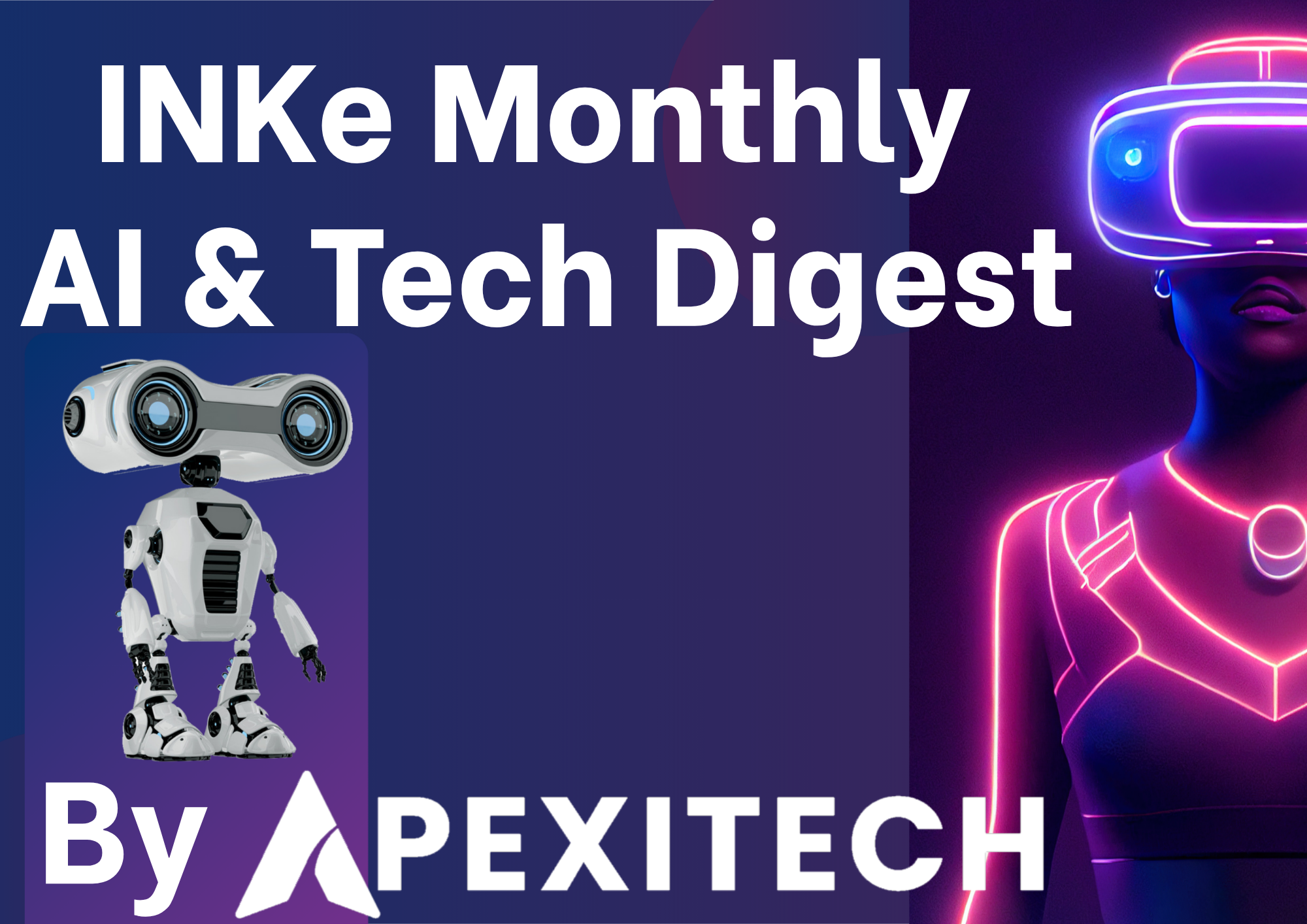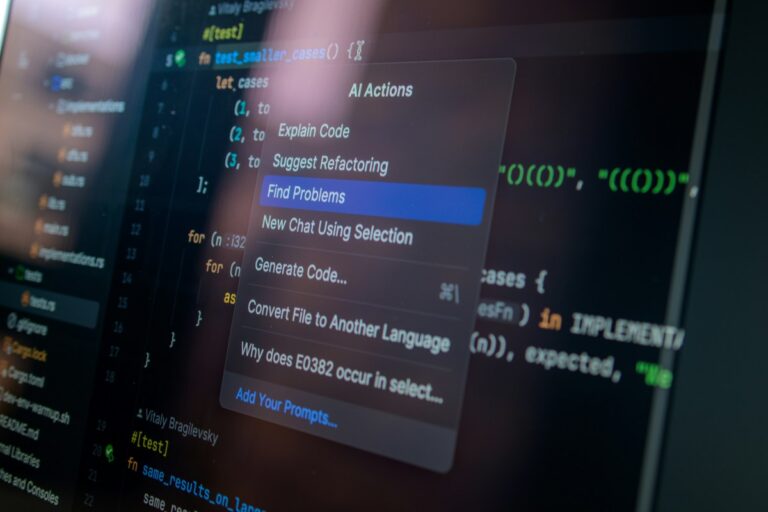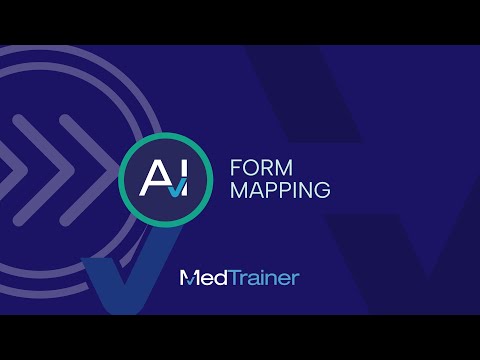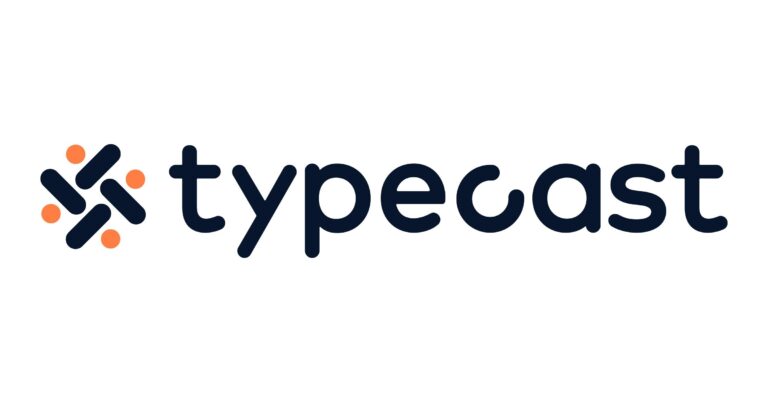In July 2025, AI news hit a sweet spot between massive infrastructure bets and creator‑first tools. OpenAI expanded its compute footprint while Google pushed fresh automation into everyday workflows. Research from DeepMind bridged classical studies and planetary mapping, and NotebookLM leveled up visual learning. It was a month of tech innovation that felt both futuristic and practical—good signs for the future of creation across the INKe Universe.
OpenAI and Oracle Fast‑Track 4.5 GW ‘Stargate’ AI Infrastructure in the U.S.
OpenAI announced a 4.5 GW expansion of its Stargate AI data center platform with Oracle, bringing total capacity under development to 5+ GW and powering over 2 million chips. Early GB200 racks are live in Abilene, TX, backing next‑gen training and inference. The build aligns with OpenAI’s broader $500B U.S. infrastructure vision.
Quillium’s Insight: Compute is the new canvas—creators and automation stacks will feel this as faster iteration and lower latency.
Google Brings Custom Gemini “Gems” Into Docs, Sheets, Slides, Drive, and Gmail
Starting July 2, Google rolled out customizable Gemini assistants—Gems—directly in the Workspace side panel. Teams can summon brand‑tuned writers, coders, or sales helpers without app‑switching, accelerating automation inside daily docs and mail. Extended rollout continues across domains.
Quillium’s Insight: Ambient agents inside documents are the UX unlock that turns AI from a tool into a workflow layer.
NotebookLM Adds Video Overviews: Notes Become Narrated Visual Explain‑ers
Google’s NotebookLM introduced Video Overviews on July 29, transforming dense notes, PDFs, and images into narrated slide videos. A refreshed Studio panel supports multiple outputs per notebook, making complex topics more digestible for creators and teams.
Quillium’s Insight: Expect briefs, storyboards, and courseware to shift from text‑first to video‑native by default.
DeepMind’s Aeneas Reconstructs Ancient Inscriptions with Context‑Aware AI
On July 23, DeepMind unveiled Aeneas, the first model to contextualize fragmentary Latin inscriptions—dating texts, inferring origins, and filling gaps. Trained across a vast epigraphic corpus, it’s a research breakthrough linking AI and the humanities.
Quillium’s Insight: Agentic research aides will open niche archives to creators, inspiring historically grounded creative technology.
AlphaEarth Foundations Launches as a “Virtual Satellite” for Planet‑Scale Mapping
DeepMind’s AlphaEarth Foundations (July 30) fuses petabytes of Earth‑observation data into a unified embedding for global mapping and monitoring. The model aims to speed climate, agriculture, and disaster‑response workflows with compact, analysis‑ready representations.
Quillium’s Insight: Creative technologists will remix geospatial embeddings into living canvases—new mediums for data‑driven storytelling.
OpenAI Confirms 2025 DevDay: 1,500+ Builders to Preview What’s Next
OpenAI set October 6 for its biggest DevDay yet, announced July 23. With a live keynote and sessions for developers, the event promises a look at upcoming models, agent frameworks, and platform capabilities—fuel for the future of creation and automation.
Quillium’s Insight: Track DevDay launches closely—platform primitives here often become next quarter’s creative workflows.







